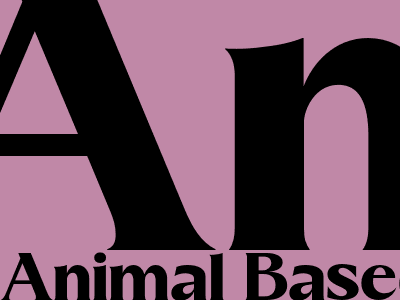Animal Based Diet
Introduction: Understanding the Animal-Based Diet
The animal-based diet is a dietary approach that emphasizes the consumption of animal products such as meat, fish, eggs, and dairy while minimizing or excluding plant-based foods. Proponents of this diet often cite its potential benefits for weight loss, improved blood sugar control, and increased satiety.
Benefits and Controversies of an Animal-Based Diet
Weight Loss and Body Composition
Studies have shown that an animal-based diet can be effective for weight loss and improving body composition. This is primarily due to its high protein and fat content, which promotes satiety, reduces hunger, and boosts metabolism.
However, some critics argue that the long-term sustainability and health implications of a high-protein diet are still under debate.
Blood Sugar Control and Insulin Sensitivity
An animal-based diet can be beneficial for individuals with insulin resistance or type 2 diabetes. The high protein content helps slow down the absorption of carbohydrates, resulting in lower blood sugar levels and improved insulin sensitivity.
Nevertheless, it's important to note that individuals with kidney issues should consult with a healthcare professional before adopting an animal-based diet due to its potential impact on kidney function.
Satiety and Hunger Management
Meat, fish, and other animal products are rich in protein and fat, which promote satiety and reduce feelings of hunger. This can lead to decreased calorie intake and weight loss over time.
Critics argue that the long-term adherence to such a restrictive diet can be challenging and may lead to nutrient deficiencies.
Potential Health Concerns and Considerations
Cardiovascular Health
Concerns have been raised regarding the potential impact of an animal-based diet on cardiovascular health. High consumption of saturated fat from animal sources has been linked to increased cholesterol levels and an increased risk of heart disease.
However, some studies suggest that the type of saturated fat consumed, such as from lean meats and fish, may not have the same negative effects as saturated fat from processed meats.
Cancer Risk
Research has indicated a potential association between high consumption of red and processed meat and an increased risk of certain types of cancer, particularly colorectal cancer.
It's important to note that these associations are based on observational studies, and more research is needed to establish a causal relationship.
Nutrient Deficiencies
An exclusive animal-based diet may lack certain nutrients found in plant foods, such as fiber, vitamins, minerals, and antioxidants. This can lead to nutrient deficiencies if not carefully planned and supplemented.
Regular consumption of organ meats, leafy green vegetables, and supplementation can help address this issue.
Conclusion: Making Informed Choices
The animal-based diet is a controversial dietary approach with both potential benefits and concerns. It's essential to weigh the potential benefits against the risks and to work with a qualified healthcare professional to determine if it's a suitable choice for your individual needs and health goals.
A balanced and varied diet that includes moderate amounts of both animal and plant-based foods is generally recommended for optimal health and well-being.

Komentar